Urethral stricture, causes and treatments available
Urethral stricture needs medical attention, and urethral stricture treatment can do the needful. Causes are manifold, and symptoms reveal the gravity of the health issue.
Urethral stricture is considered to be a narrowing of the urethra due to scar tissue, which does lead to obstructive voiding dysfunction with potentially serious consequences for the entire urinary tract. It is prevalent among men in industrial countries. It produces obstructive and irritative urinary symptoms and can, in fact, ultimately impair renal function. Urethral stricture can be caused by diagnostic or therapeutic urological procedures. These procedures become more common as the population ages. Therefore, urethral strictures will probably become more common as well.
Causes
Urethral manipulation happens to be a common cause of urethral strictures. Urethral manipulation can include:
- A History of prostate brachytherapy, a type of cancer treatment.
- A History of prostatectomy.
- Correction of hypospadias.
- Damage from an indwelling urethral catheter.
Hypospadias happens to be a congenital abnormality in which the urethral opening exits via the underside of the penis instead of at its tip.
An estimated 45 percent of urethral strictures end up occurring due to urethral manipulation for treatment, while 30 percent are due to unknown causes. Another 20 percent are on account of bacterial infections causing inflammation in the urethra.
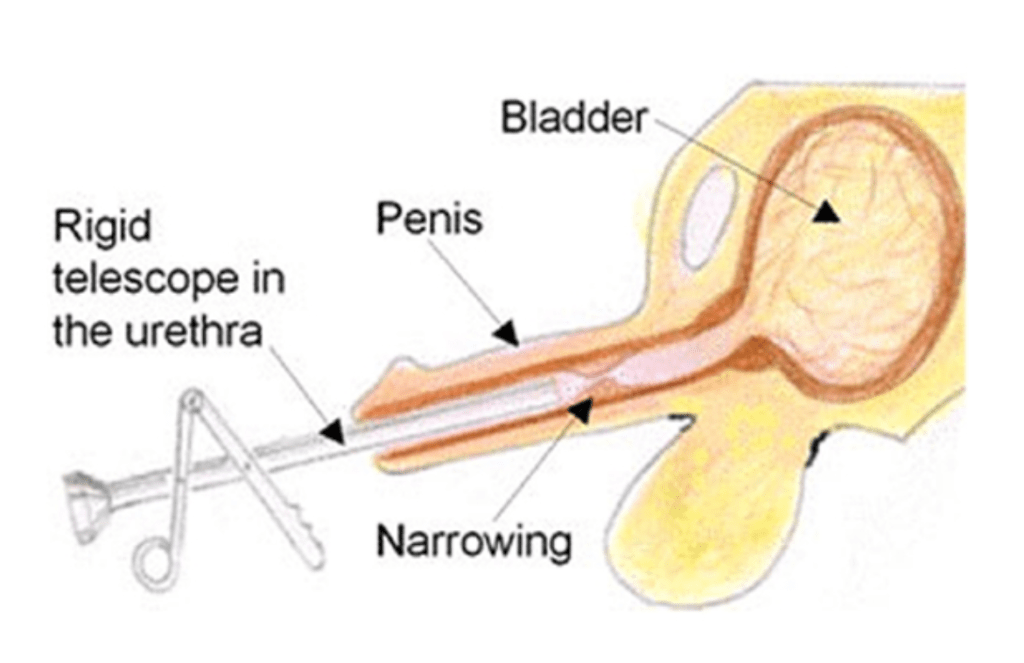
Urethral stricture, causes and treatments available
A few inflammatory conditions can also lead to urethral strictures. These include untreated sexually transmitted infections (STIs), such as gonorrhea and chlamydia, and a condition referred to a Balanitiss xerotica obliterans.
Symptoms
- Obstructed and irritated micturition, with increased urination time.
- A Feeling of incomplete bladder emptying, combined with increased micturition frequency and urgency. Particularly in patients who have previously undergone transurethral interventions or even had a long-term indwelling catheter during treatment for another disease.
Treatment
To start with, the primary question is whether urinary retention or upper tract obstruction is present, which would require urinary diversion and treatment of any accompanying urinary tract infection.
Among patients with urinary retention or large amounts of residual urine, blind transurethral bougienage of the urethra with an indwelling catheter needs to be absolutely avoided, as the tissue trauma would make the condition of the urethra worse. These patients need a suprapubic bladder fistula. Any existing urinary tract infection needs to be treated according to the test results.
Once the acute situation has been taken care of, definitive treatment of the stricture must be carried out. The basic choice is between endoscopic (minimally invasive) and open surgical procedures.
Which ever treatment is preferred, it must be borne in mind that strictures do tend to recur. The more extensive the stricture, the further distal its location, and also the more often it has already been treated, the poorer its long-term results.
Suitable skin grafts can be taken from the foreskin or oral mucosa, or they may, rather, be taken with the dermatome from the upper thigh or lower abdomen. Numerous other materials have in fact also been utilized (including bladder mucosa as well as colonic mucosa), but for various reasons have not come into widespread use.
The basic principle in the treatment of urethral strictures to be considered is that internal urethrotomy promises success only in short, first-time strictures. In a recurrent stricture, treatment should be changed to open reconstruction to avoid lengthening the defect with repeated urethrotomies.
It is important that open reconstructive surgery be carried out at centers with adequate experience, as this is the only way to achieve the best results.
Conclusion
Urethral stricture treatment is sophisticated, and urethral stricture does require professional care.

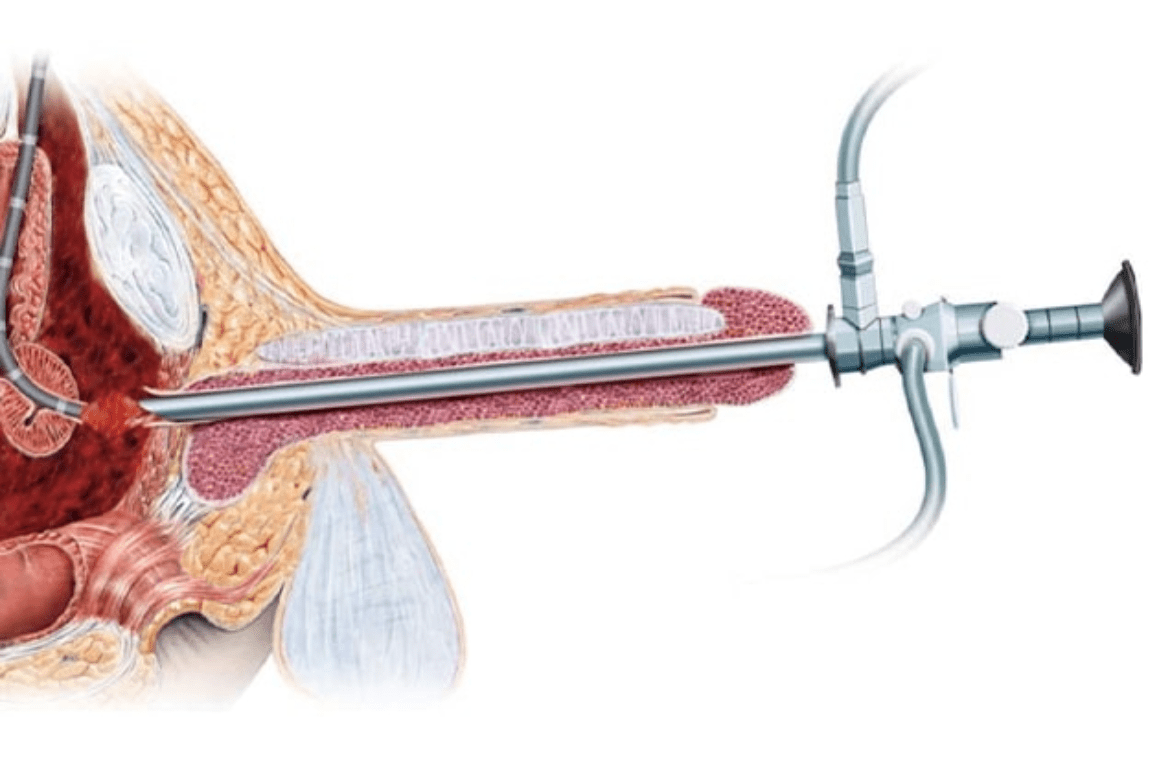

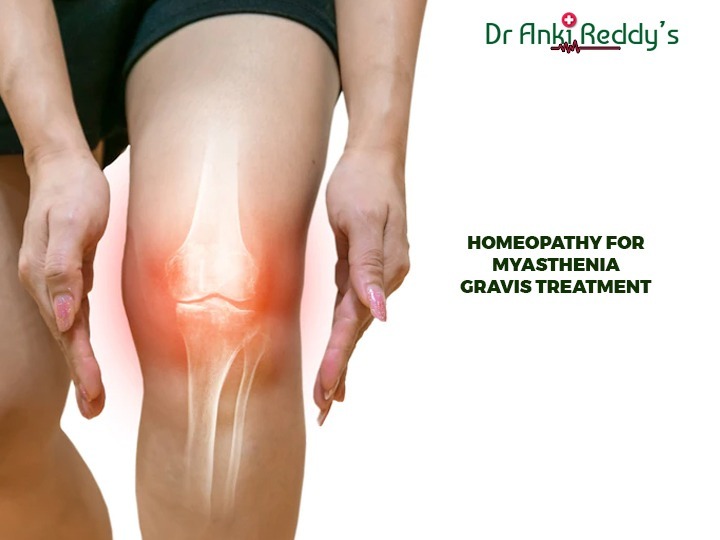

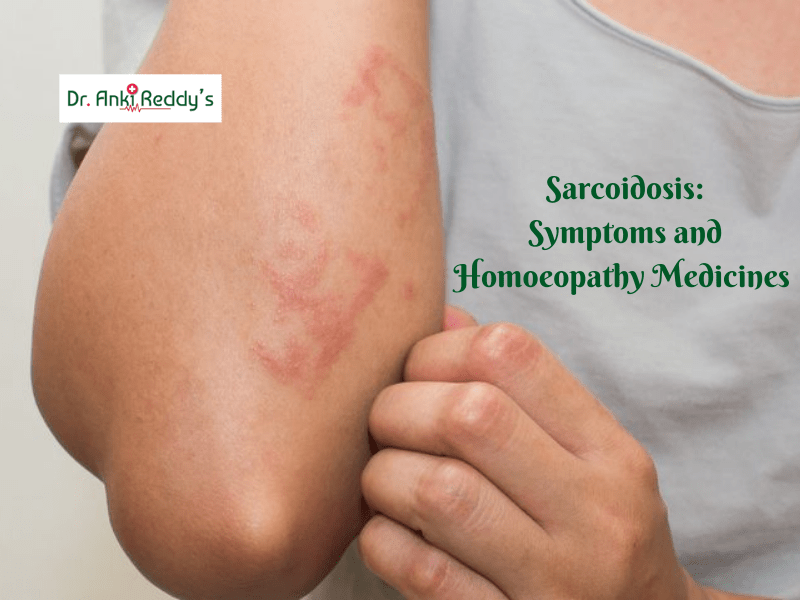

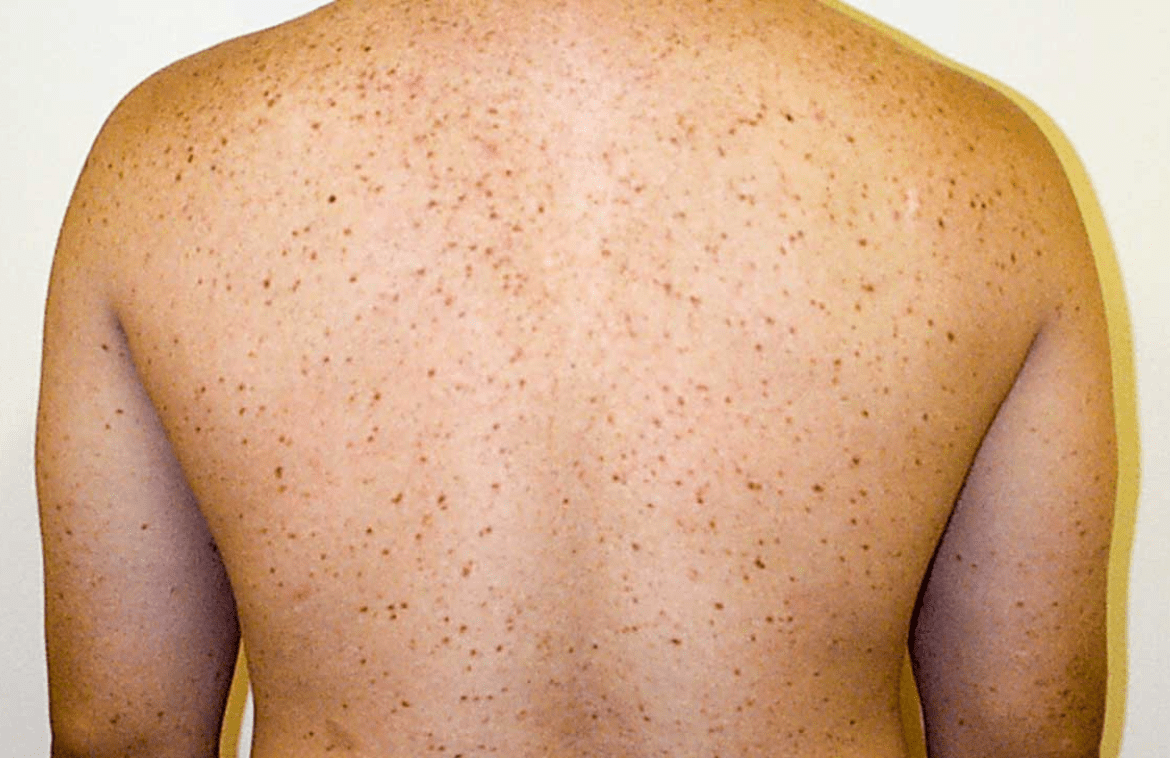

There are no comments